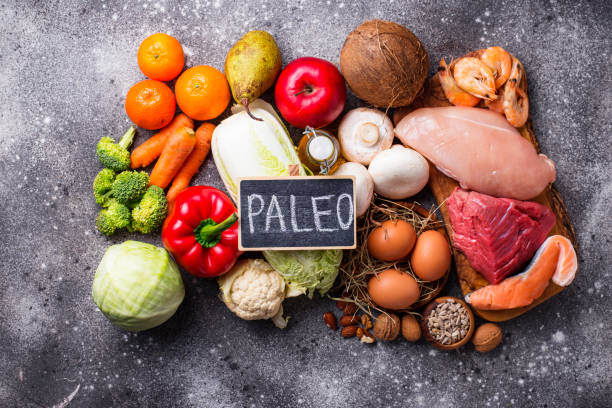

In observance of World Obesity Day 2022, the Pan American Health Organization (PAHO) reported that 54 per cent of Jamaicans are overweight or obese, while one in three live with hypertension.
Losing weight is a common goal for many people who want to improve their fitness and their overall self-esteem.
Sustained weight loss can be difficult due to certain health conditions and lifestyle factors, which lead to the popularity of problematic fad diets and unapproved weight-loss medications.
Ozempic, a medication for type 2 diabetes and morbid obesity, is now being prescribed off-label for weight loss, with celebrities like American media mogul Oprah Winfrey and ‘Black-ish‘ star Anthony Anderson endorsing the practice.

The problem with the Ozempic method is that it is not approved by the Food and Drug Administration (FDA) as a weight-loss drug, unlike Wegovy and Contrave.
Due to the widespread use and popularity of Ozempic, there’s now a shortage of the drug, which puts diabetics in an unfortunate position regarding their blood sugar control.
Not to mention the side effects, which include possible thyroid cancer, kidney issues, and low blood sugar.
Pharmaceutical company Nova Nordisk, creator of Ozempic and Wegovy, says that there will be limited supplies of both drugs for the rest of 2024, due to supply and demand issues.

But, thankfully there are other ways to lose weight without medication.
Dieting has been an effective weight loss tool since the 1950s, cycling through strange or harmful diet fads that came and went such as the absurd ‘cookie diet’ or its more dangerous ‘cotton ball’ counterpart, where you swallow juice-soaked cotton to give the illusion of feeling full.
Diets that are actually effective in promoting healthy lifestyles include the ‘paleo diet’ and the dietary approaches to stop hypertension diet (DASH).
The ‘paleo diet’ consists of food groups popular during the Paleolithic era of humanity. This diet consists of natural unprocessed and unrefined foods. It focuses on proteins low in saturated fat and vegetables. No calorie counting is required, which may lead to disordered eating in the name of ‘fasting’.
It is recommended that carbs be eaten in small quantities rather than being cut out completely. With the focus on nutrition, you lose weight because the influx of protein and vegetables makes you feel fuller. Of course, when undergoing dietary changes, you should discuss it with your healthcare provider to see if your new routine will be effective for your specific goals.

While the Dash diet is aimed at hypertensive individuals, a study in 2010 by The Exercise and by Nutrition Interventions for Cardiovascular Health (ENCORE) showed the DASH diet resulted in weight loss and blood pressure reduction in hypertensive overweight individuals.
This diet focuses on whole grains, fruits vegetables and foods low in saturated fat and salt. You can create a personalised DASH plan on the dashdiet.health website. With no calorie counting or fasting required, this diet encourages
Other than dieting, small changes can also help in weight loss efforts and a healthier lifestyle.
Limiting refined and trans fats, using smaller plates for portion control as well as drinking water before eating a meal to prevent overeating.
Increasing your health can be tricky in the medical field because of how weight is categorized.
One main issue in analysing health and weight control is the use of the controversial body mass index (BMI). The BMI measures your body fat based on your height and weight. This indicates if you’re underweight, overweight, or obese.

The main criticism of the BMI is that it’s an outdated calculation and solely doesn’t indicate a person’s health. Belgian astronomer Lambert Quetelet developed the simple formula in the 1930s based on the weights of Scottish and French soldiers.
BMI doesn’t account for muscle mass. Classifying the healthy weight of any person should be inclusive of factors like age, height, and the distinction between muscle and fat.
Physical health and wellness are vital and influence our self-esteem and self-confidence. Quick fixes aren’t sustainable and can make your health worse with the threat of cancer; incorporating healthy lifestyle changes can promote natural weight loss and cardiovascular health.






Comments